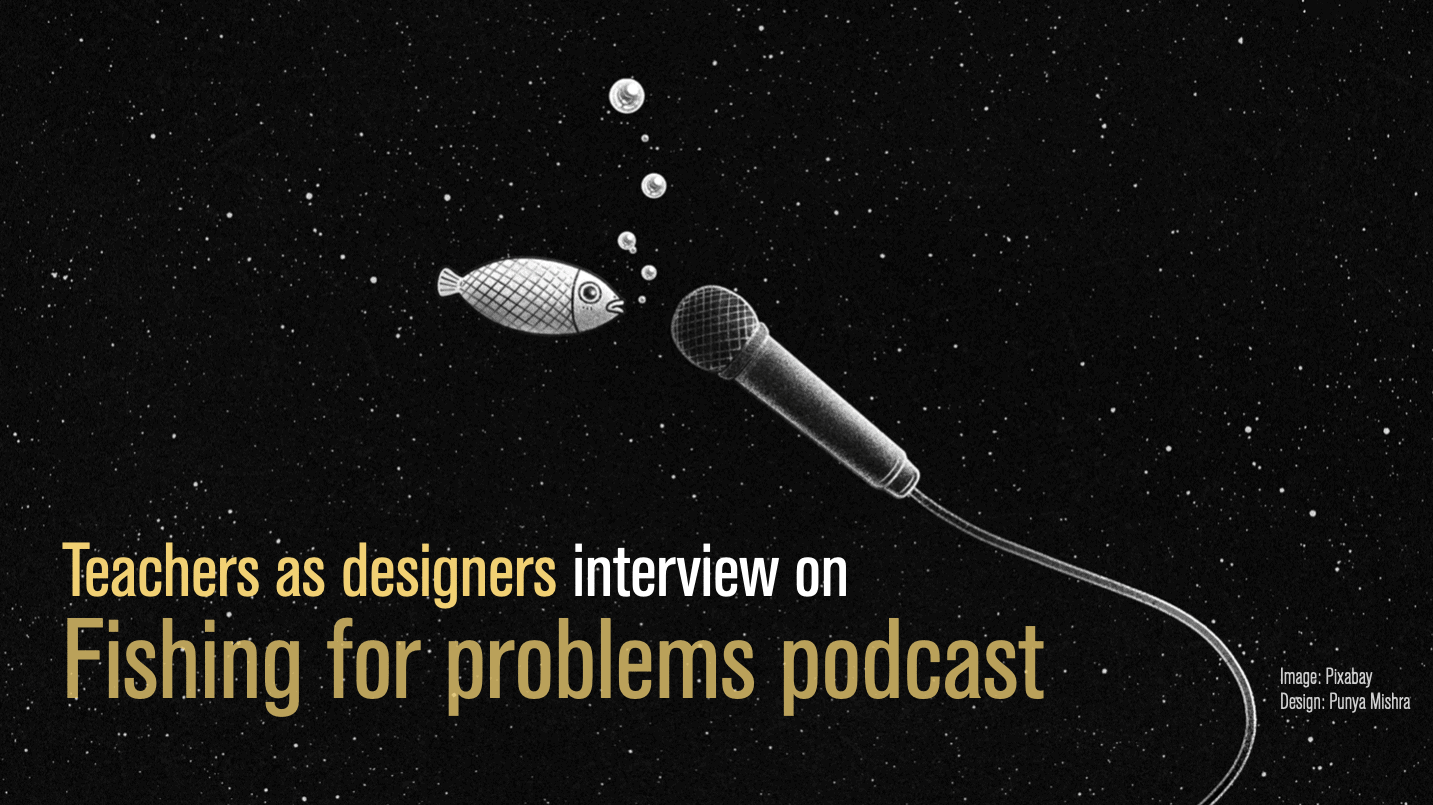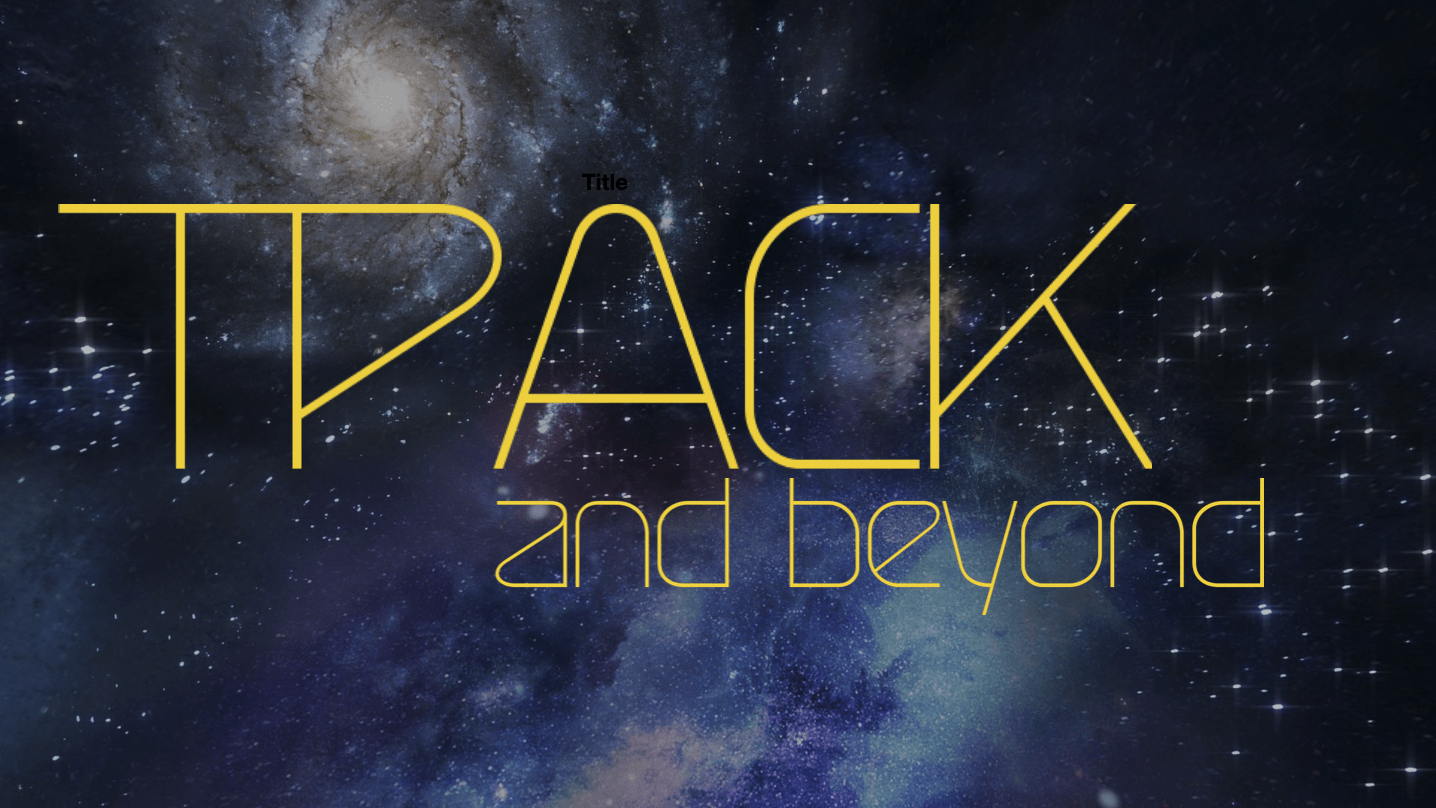I had blogged earlier about my attempts at using micro-blogging in my face to face classroom. As I had said after the experiment
At the end of the class, upon being quizzed, the students seemed to feel that this experiment had been a success and would like to do it again. However, as an instructor I was not as sure. I felt that the pedagogical move of going from a technology to an educational technology had not really be completed, the circle had not been squared. what I mean by this is that, as the instructor, I have not yet figured out a way to bring the micro-blogging activity back to the class. It seemed to exist in this little bubble by itself, apart from what was going on in the classroom.
This past Tuesday we tried it again, with one variation. I decided to keep a few minutes open at the end of class for everyone to review what had been micro-blogged and to use that as a way of tying together the themes and ideas that had been discussed during the beginning of class. I felt that this was a small but significant move – piercing the “bubble” as it were that separated the micro-blogging from the other things going on in the class.
I now need to find a way of archiving what was said by the students (I do not participate in the micro-blogging). For now you an see a transcript here. Incidentally this transcript wiped out the transcript of the previous class session. I need to find a better way of archiving these discussions.
It seems to me that some kind of micro-blogging may be a great way of keeping the class engaged with the ideas etc. being discussed in class. Thus, this reinforces my intuition (that I have written about here and here) about allowing students to bring laptops in the classroom, i.e. they can be, if thought through, an asset rather than a hindrance.





0 Comments
Trackbacks/Pingbacks